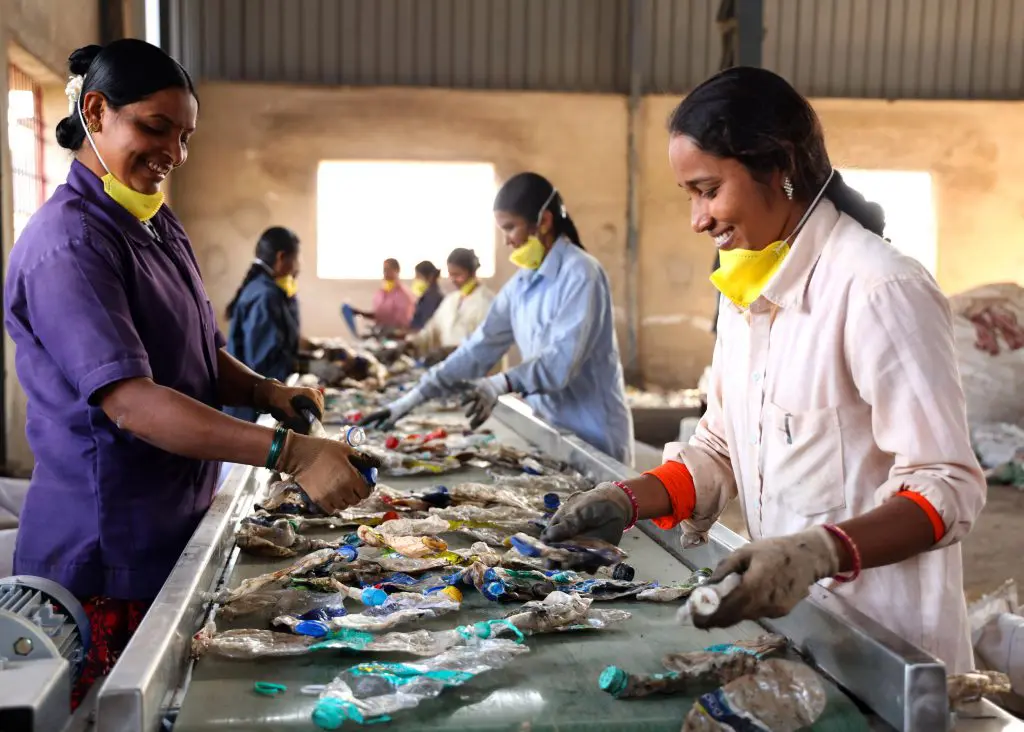The debate over mechanical versus chemical recycling continues with concerns from industry figures in Europe that EU policy makers are unfairly favouring the new technology.
Henk Alssema, of Vita Plastics and chair of BIR’s plastics committee, believes chemical recycling could be on the verge of ‘a worrying breakthrough’.
At the centre of debate is the European Commission’s current position, favouring the ‘fuel use exempt’ method when calculating the contribution of chemical recyclers.
Fuel consumed in the chemical recycling process is not considered. ‘The chemicals industry is in favour of this, but mechanical recyclers are against it,’ Alssema writes in the latest BIR Mirror for plastics.
‘As it stands, the European Commission is likely to stick to this so-called mass balance approach, which creates an uneven playing field between mechanical and chemical recyclers, opening the door to further investment by the chemical recycling industry.’
Drawing board He quotes the German research institute Ecoprog which has detailed those chemical recycling facilities already built in Europe and says around 80 more are still on the drawing board.
‘The final number will depend on the extent to which the recycled content from chemical recycling counts towards the recycled content of new products,’ Alssema explains.
‘Despite the EU’s preference for mechanical recycling over chemical recycling, this remains a negative development for the mechanical recycling industry.’
Recruitment concern
Another worrying issue raised by the chairman in the Mirror is the challenge of finding qualified personnel. He says many companies are being forced to scale back production owing to insufficient numbers of available staff.
‘Young people are increasingly choosing jobs in IT and overlooking the mechanical sector despite its high levels of innovation,’ Alssema writes.
‘Experts believe the current generation no longer finds it appealing to work in an environment that operates 24/7 and are seeking a greater balance between work and leisure time. This requires companies to recruit personnel from other parts of the world, partly because the labour pool in Eastern Europe is also starting to dry up.’
Finally, he says the market for recycled plastic in Europe has improved since the beginning of this year, but only slightly rather than substantially.
Don't hesitate to contact us to share your input and ideas. Subscribe to the magazine or (free) newsletter.



